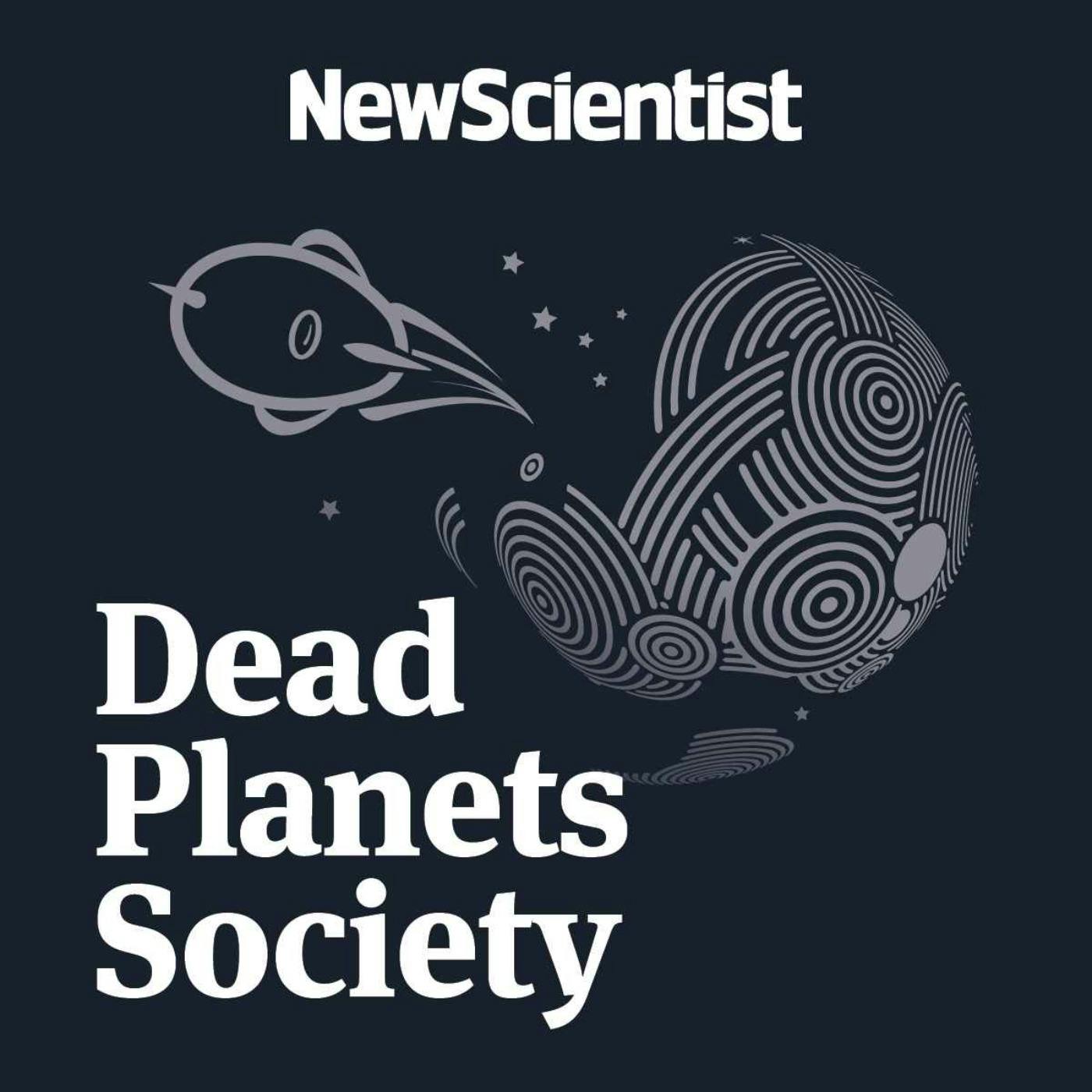CultureLab: Emily H. Wilson celebrates the expansive world of science fiction
From Dune to The Three Body Problem, is science fiction having a moment? Attention to the genre, as well as TV and films based on it, seems to have exploded in the past few years. With sci-fi often getting a bad rap, it’s time to ditch the snobbery and celebrate its complexity and diversity. And who better to do this with than New Scientist’s science fiction columnist – and our former editor – Emily H. Wilson?
Wilson is a journalist and author. In 2023 she published Inanna, the first of The Sumerians, a trilogy set in the ancient civilisation of Sumer. The books are an epic, speculative retelling of some of the oldest myths ever recorded.
In this episode, Rowan Hooper speaks to Wilson about the enduring popularity of the genre, and why you should be proud to call yourself a science fiction fan. Plus, the pair share loads of recommendations and explore sci-fi’s many different sub-genres, from climate fiction to cyberpunk.
You can learn more about Emily’s trilogy, The Sumerians, here.
To read about subjects like this and much more, visit newscientist.com.
Books mentioned:
- Three Body Problem, Cixin Liu
- Children of Time, Adrian Tchaikovsky
- Ancillary Justice, Anne Leckie
- Annie Bot, Sierra Greer
- Dune, Frank Herbert
- The Chrysalids, John Wyndham
- Day of the Triffids, John Wyndham
- The Dispossessed, Ursula K. Le Guin
- The Left Hand of Darkness, Ursula K. Le Guin
- The Man in the High Castle, Philip K. Dick
- Neuromancer, William Gibson
- Burning Chrome, William Gibson
- Mars, Kim Stanley Robinson
- Red Moon, Kim Stanley Robinson
- 2312, Kim Stanley Robinson
- The Ministry for the Future, Kim Stanley Robinson
- Parable of the Sower, Octavia Butler
- Patternmaster, Octavia Butler
- The Broken Earth, N. K. Jemisin
- Middlemarch, George Eliot
- Impressions of Theophrastus Such, George Eliot
- Service Model, Adrian Tchaikovsky
- Autonomous, Annalee Newitz
- Excession, Iain M. Banks
- A World Out of Time, Larry Niven
- Ender's Game, Orson Scott Card
- The Ballad of Halo Jones, Alan Moore and Ian Gibson
- Tank Girl, Alan Martin and Jamie Hewlett
Hosted on Acast. See acast.com/privacy for more information.
Learn more about your ad choices. Visit megaphone.fm/adchoices

32m
























































